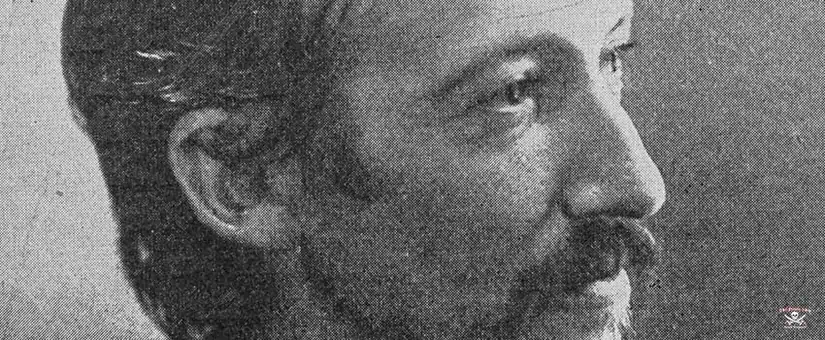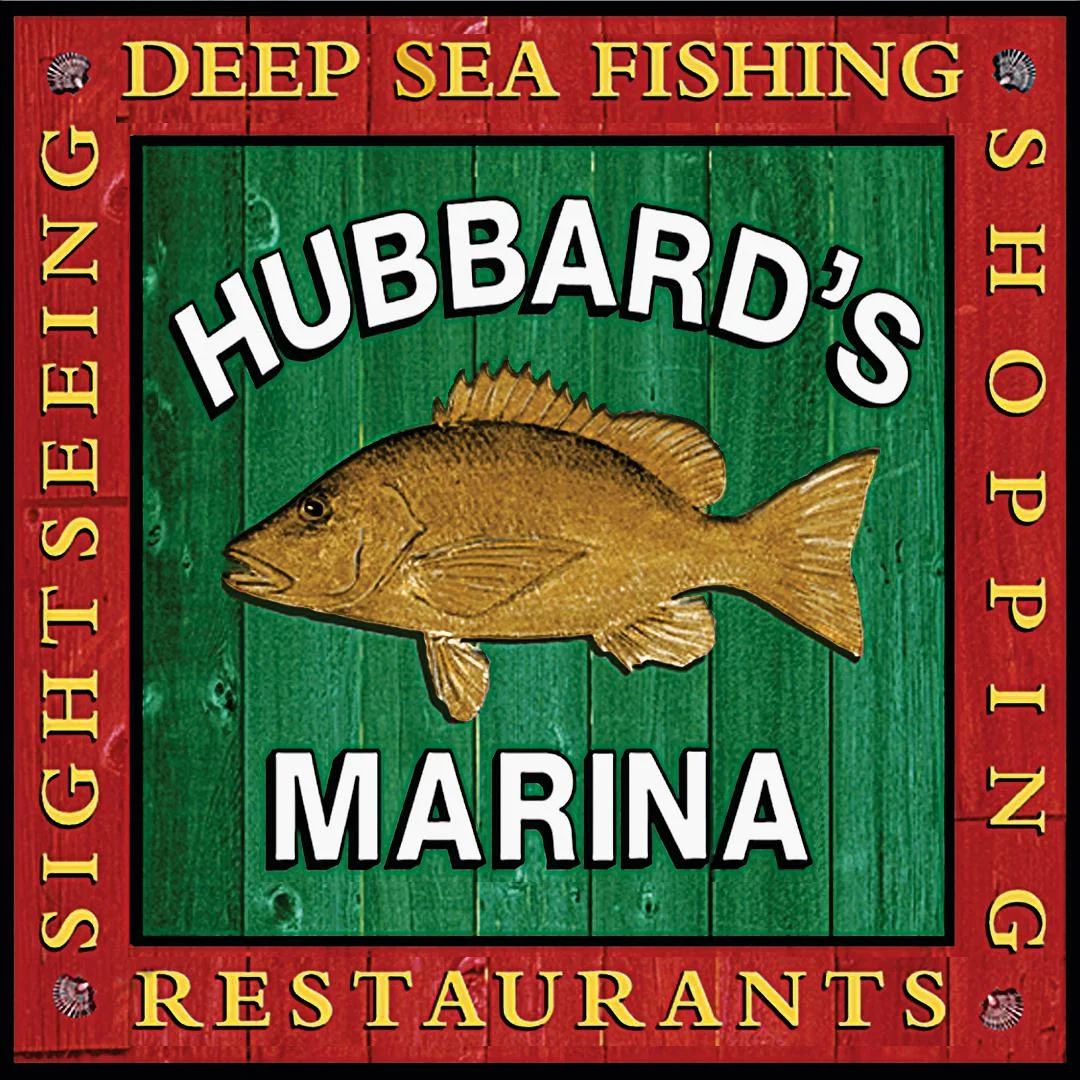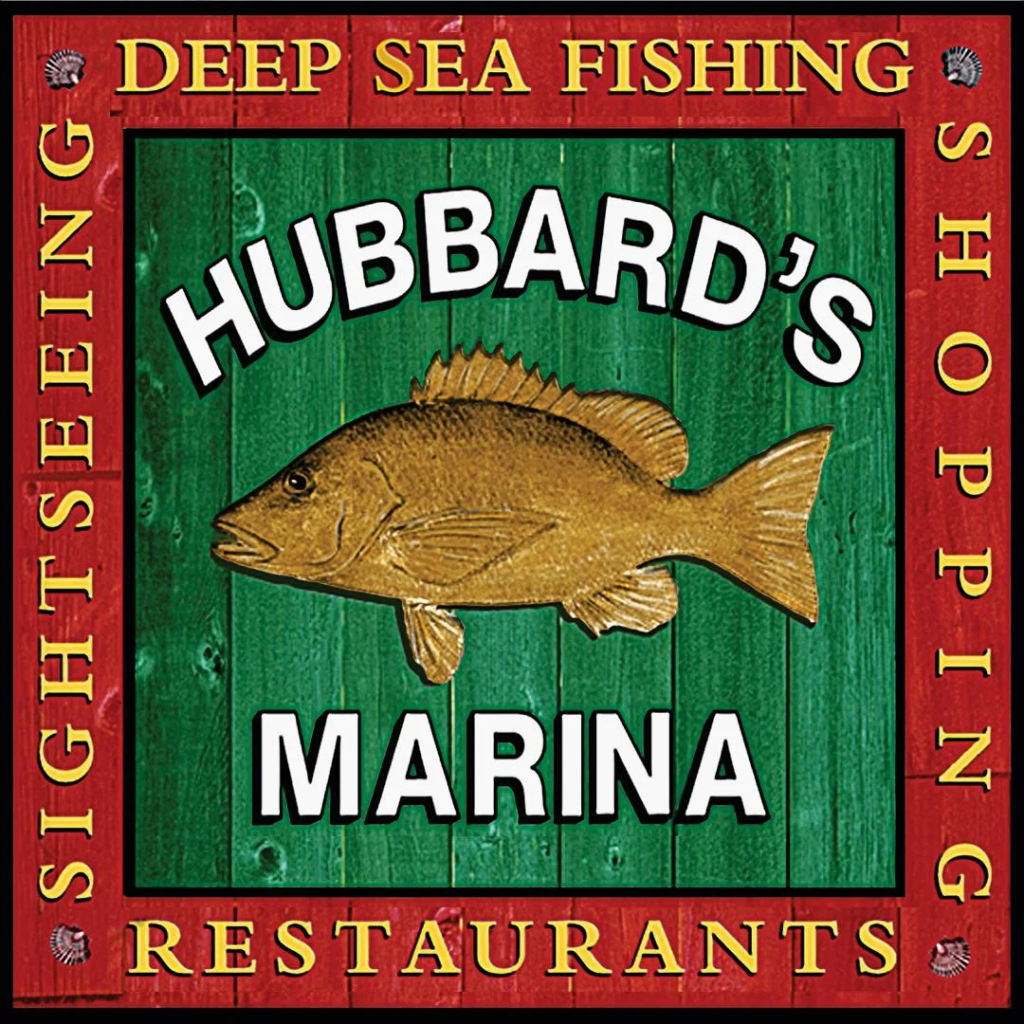Treasure Island, The Strange Case of Dr. Jekyll and Mr. Hyde, and A Child’s Garden of Verses – you’ve probably read or heard these novels before, but did you know about the man behind these amazing stories?
Robert Louis Stevenson’s novels may have been critically acclaimed and well-loved since they were published, but only a few know about the author himself. Let’s take a quick glance at his life and works to honor one of the best storytellers of all time on his birthday.
The Early Life of a Creative Mind
Robert Lewis Balfour Stevenson was born in Edinburgh, Scotland, on November 13, 1850. His father, Thomas Stevenson, was a well-respected lighthouse engineer. His mother, Margaret Isabella, was known in the community to be a kind and loving woman. Raised in a drafty Scotland home, Stevenson developed severe respiratory issues early on, which would haunt him for most of his life.
Due to repeated illness, Stevenson spent most of his childhood in bed. Under the care of his nurse, Alison Cunningham, who shared stories with the young Stevenson of ghosts and goblins, he found a passion for storytelling. With the help of his mother, Stevenson dictated his first novel, The History of Moses, at the age of six.
According to a Robert Louis Stevenson biography, it appeared that the boy would not make it to adulthood. However, he survived his many illnesses through the attention and care given to him by his loving parents and nurse.
Curious about the world, Stevenson enrolled at the University of Edinburgh in 1867. His father urged him to pursue an Engineering degree, which had become the family business through two generations. However, he wasn’t interested in engineering at all and skipped most of his classes.
Naturally, Stevenson chose writing instead and continued to write stories and poetries during his free time. Nonetheless, to appease his ever-supportive parents, Stevenson got a law degree.
Stevenson’s writing life began in fits and starts. Getting by on essays and travel guides, his early work saw moderate success. While attending university, Stevenson met fellow writers who inspired and supported him. He met Sidney Colvin, who would become a lifelong friend, at the age of 23. He also met Frances “Fanny” Jane Sitwell, who would later become his wife.
A Storied Life
Stevenson often visited London, where he crossed paths with the literary elite. On one such visit, literary editor Leslie Stephen took a liking to Stevenson. Stephen’s journal, The Cornhill Magazine, published the works of Arthur Conan Doyle and Thomas Hardy while his daughter, Virginia Woolf, achieved literary greatness.
One day, Stephen brought Stevenson along to visit a hospitalized friend, William Ernest Henley. Despite his illness, Henley, who donned a peg leg, demonstrated much enthusiasm and energy meeting the young Stevenson. The encounter may have inspired one of Stevenson’s most famous characters – Long John Silver.
Among Robert Louis Stevenson’s interesting facts is the development of his stories. By 1884, Stevenson married Fanny Sitwell, and the pair moved to Bournemouth, England. Bedridden due to illness, Stevenson completed his most famous novels, including Treasure Island.
The concept for Treasure Island was conceived in 1881. While on holiday in Scotland, Stevenson, and his stepson Lloyd Osbourne, imagined an adventure launched by a treasure map. The pair illustrated an imaginary island where the treasure lay hidden. This map inspired Stevenson, who wrote dozens of chapters of what he then dubbed “The Sea Cook.” Serialized chapters of the story appeared monthly from 1881 to 1882.
The original map, which was hand-drawn by Stevenson and his stepson, was lost in the mail and disappeared. Though Stevenson attempted to redraw it from memory, his attempts left him wanting. The loss remained a sore spot for the author, who lamented its disappearance. Following the story’s magazine run, the chapters were collected, and the name changed.
Considered one of Robert Louis Stevenson’s best books, Treasure Island became the blueprint for many stories about pirates and adventure.
Recognizing Robert Louis Stevenson’s Influence
While his novels are the most well-known, Robert Louis Stevenson’s poems stand out as well as one of his best works. Following Treasure Island, Stevenson released A Child’s Garden of Verses, containing 64 of the author’s poems. It influenced a generation of poets and is a prized 19th-century collection of children’s poems.
Within a few years, Stevenson’s most influential work, The Strange Case of Dr. Jekyll and Mr. Hyde, found its way to publishers in 1886. That same year, Kidnapped began serialization. While these would prove to be the peak of his success, his adventures continued.
In 1888, Fanny left the United Kingdom for California, and Stevenson was not far behind. The pair would sail and journey around the world, visiting Samoa for the first time. By 1890, Stevenson had purchased a home in Apia, Samoa, known as the Vailima Estate. Over several years, Fanny, Lloyd, and his mother, Margaret, would move to Samoa. Stevenson grew interested in Samoan politics and became well-known for his advocacy for the native population.
While he never reached the success of his earlier works, Stevenson continued writing. While in Samoa, his serialized works appeared around the globe. In 1891, three such works – The Bottle Imp, The Wrecker, and In the South Seas, were all published.
In 1894, the native people of Samoa recognized Stevenson for his tireless efforts to free political prisoners. And for his efforts, a road was named after him, and it still exists to this day.
In December, less than a month after his 44th birthday, Stevenson passed suddenly of a cerebral hemorrhage. Overnight, the Samoans cleared a path to the summit of Mount Vaea, upon which Stevenson was buried and where he remains.
The Bottom Line
The Robert Louis Stevenson biography would not be complete without mentioning his accolades. Robert Louis Stevenson’s awards are mostly in the form of honorary plaques and museum collections. The Writers’ Museum off Edinburgh’s Royal Mile dedicates a room to Stevenson, while his work, The Body Snatcher, was nominated for a Hugo award.
The best award for Stevenson’s work is its everlasting appeal. Treasure Island adaptations range from The Muppet’s Treasure Island to Disney’s Treasure Planet. The Strange Case of Dr. Jekyll and Mr. Hyde inspired Marvel’s Hulk, among countless others.
Stevenson led a storied life despite his illness. With only a pen and his imagination, Stevenson’s adventure continues for readers past, present, and future.
Go on a pirate adventure like what Robert Louis Steven has envisioned!
Are you looking for a pirate cruise in Madeira Beach? Then hop aboard the Royal Conquest at John’s Pass, departing daily from St. Petersburg, Florida, and experience the life of a buccaneer – the likes of which Long John Silver would envy. Your pirate adventure awaits. Contact us now!











